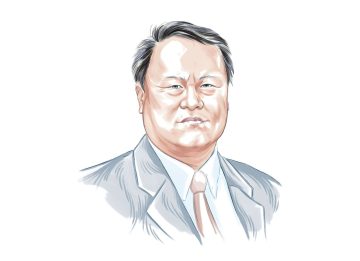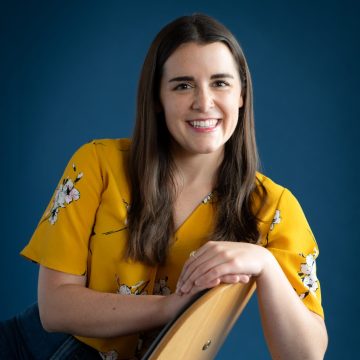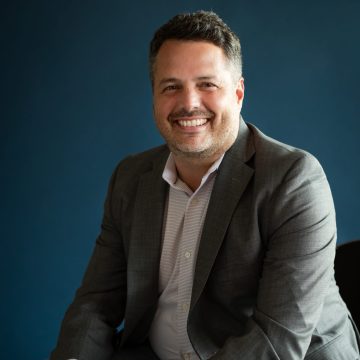Story
Lee Pao Xiong
Fellowship: 20 Years Out

“We need good managers and good leaders at public institutions. It’s really bringing back the “public” in public service.”
For educator and public servant Lee Pao Xiong (BF’99), a Bush Fellowship cleared the way for him to pursue a doctorate in public administration. For more than three decades, he has served in local, state and national roles focusing on housing policy, public transportation and Asian American culture — including being appointed by President Clinton to the President’s Advisory Commission on Asian American and Pacific Islanders. He is currently the founding director and an instructor at Concordia University – St. Paul’s Center for Hmong Studies.
How has the Fellowship changed you?
It changed me because it exposed me to a higher level of learning. High school is about memorization of facts. Undergraduate is about critical thinking — now you’re challenging the facts. Your master’s is about theory. Then when you get to the Ph.D. level, it’s about you creating your own theory because you’re an expert in that subject area. That’s what your contribution to society is.
I focused on public administration because it’s about management and leadership. We need good managers and good leaders at public institutions. It’s really bringing back the “public” in public service. I’m very fascinated by questions like, how do we create better government institutions and better public institutions? How do leaders inspire public servants? People must be the focus.
What aspect of the Fellowship did you find most valuable?
It allowed me to take a leave of absence and just focus on me for a while. When you’re always focused on helping other people, if you’ve been helping other people all your life, it’s so valuable to focus on helping yourself. It’s hard to do that when you’re a public leader.
Where do you find inspiration?
I remember having dinner with Elliot Richardson, the U.S. attorney general under President Nixon, and he said, “Thank those who point out your weakness. People may criticize you, but don’t take it too personally. Maybe there’s some truth to what they’re saying. Look at yourself and ask, how can I do better?” Or Bill Wright, the former city coordinator for Minneapolis. We were at a leadership retreat together once, and he said, “You’re just starting out in your career. Remember to focus on your family, too. Jobs come and go. Whenever you’re sick or down, it’s your family that’s always there.” And as a refugee coming from war-torn Laos, I’m extremely thankful for the opportunity to be in America. For me, having two perspectives — growing up in Laos and living in Asia, and then coming here and living out life in America — is about bringing both together for the better.
Illustration by Allegra Lockstadt
Continue reading
-

News
Opportunity to work with us
As part of our office move later this year, we are exploring possibilities for the build out of the ground floor of the building. We are in the early stages of this and considering different types of operating models and potential partnerships.
-

Staff note
Coordinating the work of our contact hub
We aim to be radically open in all that we do, and that includes being more accessible to more people and sharing what we learn along the way.
-

Staff note
Making every dollar work through impact investing
We have benefitted from the experience of other funders as we developed our impact investing approach. Now we are paying it forward and sharing what we have done and what we have learned.